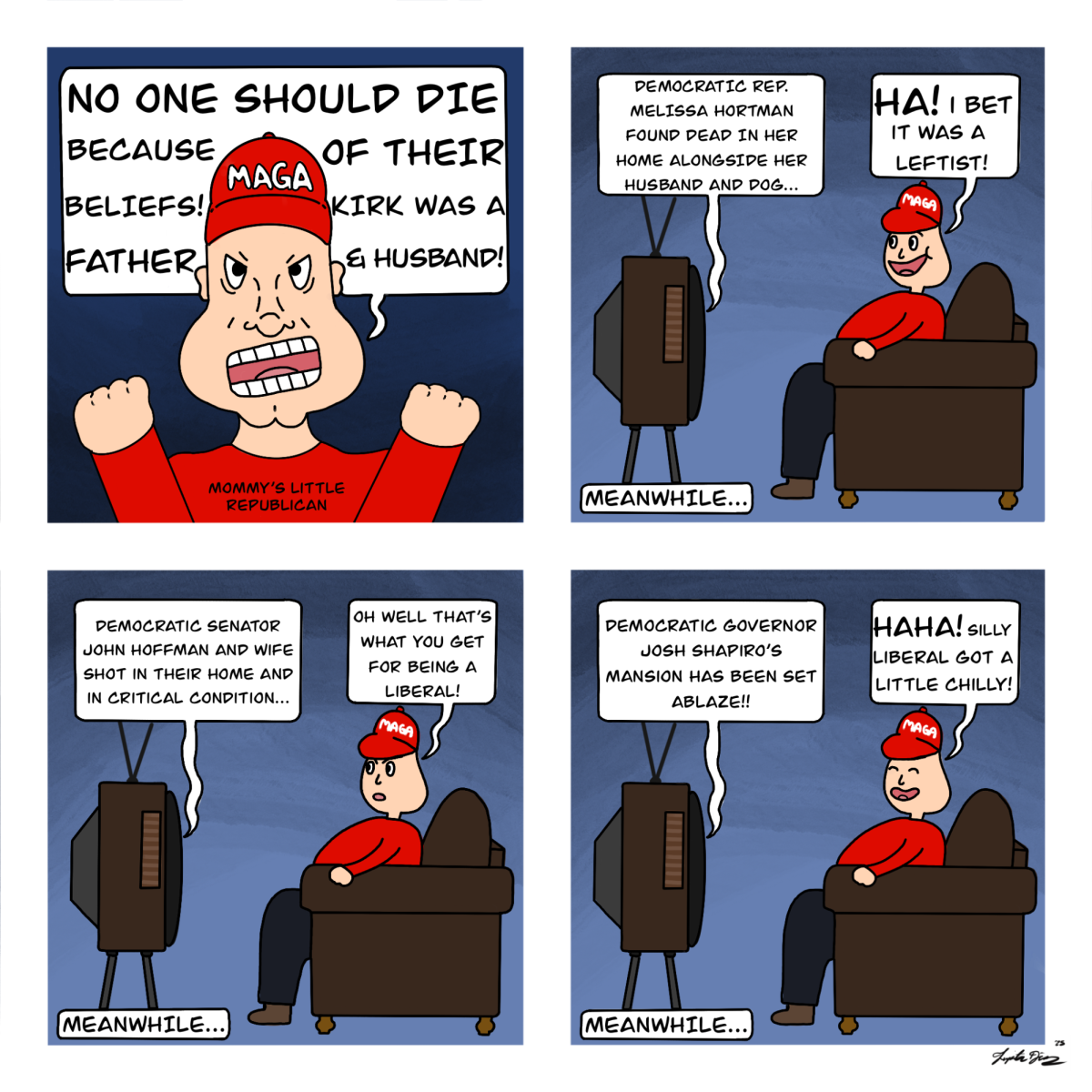Homecoming is a special date for all colleges. It is a time of celebration, where reunited fraternities and sororities meet from far away, friends celebrate and the university prepares to show off to parents why it was a good choice for their children. But Homecoming is scheduled at an uncomfortable time.
Why write a column about Homecoming in November? Because the three week gap between now and when the October celebration ended is just as outlandish as the gap between when Homecoming occurs and when it should: the beginning of the semester.
As we all know, NIU celebrated its 117th Homecoming a few weeks ago. What many don’t know, however, is that NIU holds one of the longest-running Homecoming traditions in the country, as its origins lie in a football game in 1903.
This date is only surpassed by the University of Michigan, which held its first Homecoming event in 1897. This history makes Homecoming week not only one of campus-wide festivities, but also of tradition. However, between the parties and the multitude of events, classes continue as usual.
What’s especially important to consider is even some midterm exams intersect with homecoming week.
It is understandable that institutions wish to thank and bring their alumns together once a year. It makes the most sense, especially given that what makes schools and universities special are ultimately their students.
But squeezing the current students for a week or two by organizing and attending homecoming events while continuing their normal academic load is unreasonable.
Isabella Montoya, a junior nursing major, is a member of Gamma Phi Omega International Sorority Incorporated.
As a member of Greek life, she is conscious of the importance and advantages of homecoming.
“I think homecoming, the whole idea of it, I really like how it is to bring our alumni back, especially like, the more you get involved, like, the more connections that are made through that will benefit you in the future,” Montoya said.
Unfortunately, October is also a key month of the fall semester, containing some of the most important exams of the year. And while some students might be able to pass their exams without studying, it is a luxury many can’t afford.
Homecoming, however old a tradition, should not affect current students in their academic careers. It is ironic that an event for honoring alums ends up hurting current students.
In the end, the problem is not the fun events. The problem students may have with homecoming is that it crosses with midterm exams: exams which, unlike finals, have no specific schedule where classes are canceled, so everyone can study quietly.
Some subjects do not have midterm exams but have other work that requires a lot of time, such as group projects or presentations. Many students also have to be available if they are part of an organization that holds some kind of event during Homecoming.
That means that some students can plan in advance how they are going to pass over Homecoming, but others can’t do that.
“We are part of Gamma Phi Omega International Sorority Incorporated, so we had big events planned for months, like, we know how it was going to be,” Montoya said. “We knew we were going to be busy, so we made sure, like all our things are done early, to make sure we will be good when the time to actually celebrate (when) homecoming came.”
Valentina Martinez, a junior student majoring in sculpture, is also a member of Montoya’s sorority, but planning in advance is difficult for her.
“As an art major, like, we get assigned assignments like that week (Homecoming week),” Martinez said. “So it was a little difficult, since projects are due kind of that week, but it kind of pushed me and motivated me to, like, put more time in my art and try to knock them out.”
So if not in October, then when could homecoming take place?
Well, the answer might be in the name.
Since homecoming is a celebration meant to welcome new and old students home, and students are actually welcomed to campus at the beginning of the semester, homecoming should likewise be celebrated just as students are arriving.
This would benefit the celebration not just because it is appropriate that the term “homecoming” matches the logic of the event, but also because no student will have as many assignments at semester’s start as near midterms.














